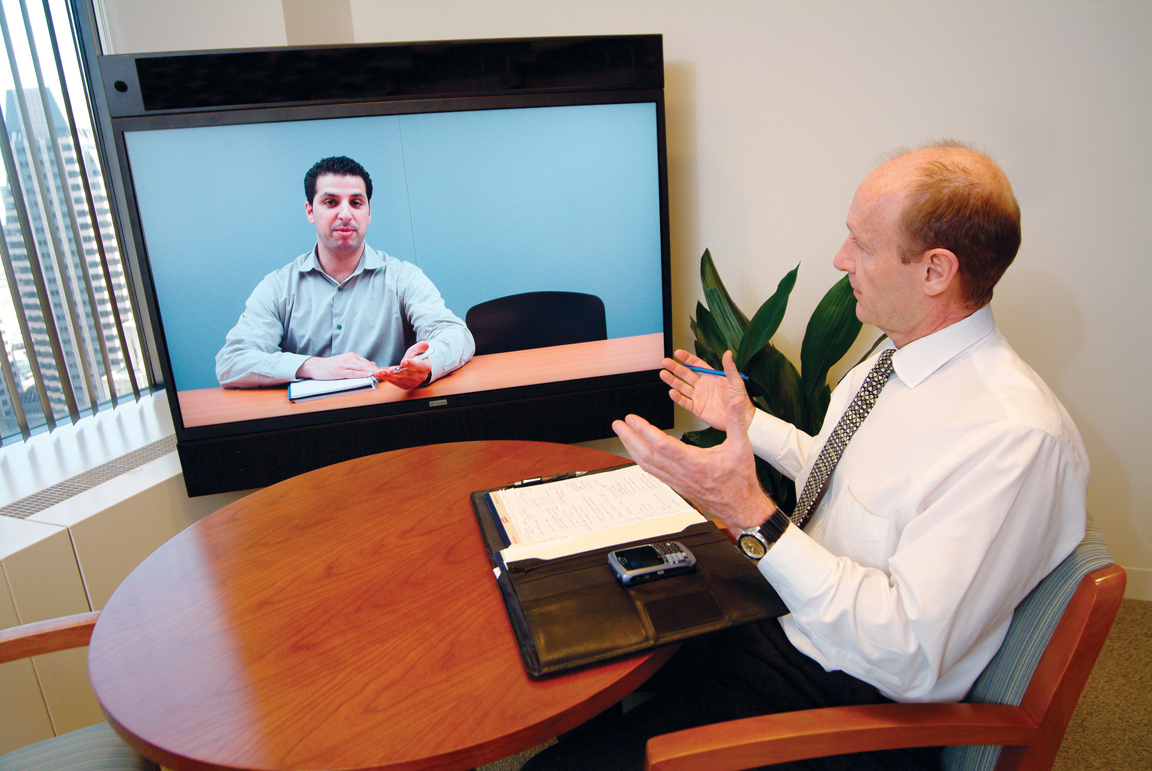Navigating the Future of Legal Procedures With Seamless Remote Depositions Solutions
As innovation continues to breakthrough, the assimilation of smooth options for remote depositions has come to be essential for legal experts looking for reliable and economical ways to perform depositions. By discovering the complexities of navigating the future of lawful procedures through smooth remote deposition services, a more clear understanding of the chances and complexities that exist ahead can be obtained.
The Increase of Remote Depositions
With the introduction of innovative online communication innovations, the practice of remote depositions has actually experienced a considerable surge in recent years. This change has been largely driven by the requirement for flexibility, effectiveness, and cost-effectiveness in lawful procedures. Remote depositions permit attorneys, witnesses, and court press reporters to participate from various places, eliminating the requirement for physical visibility in a certain deposition area. The capability to perform depositions remotely has confirmed indispensable, especially in circumstances where traveling or in-person gatherings are unwise or limited.
Moreover, the developments in video clip conferencing systems and electronic tools have improved the general experience of remote depositions, making certain clear audio-visual interaction and secure paperwork of statements. Attorneys now have the option to perfectly arrange, record, and transcribe depositions easily, simplifying the entire process.
As technology remains to advance, remote depositions are anticipated to become a lot more common in the lawful sector, supplying a convenient and effective service for performing depositions in a fast-paced and interconnected world. (REMOTE DEPOSITIONS)
Advantages of Seamless Technology Integration
How does seamless innovation integration enhance the performance and efficiency of remote depositions in the legal industry? Smooth innovation combination plays a crucial function in improving remote depositions, using a myriad of benefits to lawyers. By seamlessly integrating technology into the deposition process, attorneys can perform depositions effortlessly, despite the individuals' physical areas. This integration enables real-time interaction, document sharing, and collaboration, cultivating a much more reliable and efficient deposition experience.
In addition, seamless innovation assimilation allows safe and secure and reputable information transmission, ensuring that sensitive details shared during depositions is safeguarded. Advanced attributes such as virtual exhibits, electronic trademarks, and video clip conferencing enhance the general efficiency of remote depositions, resembling the in-person experience with added benefit. Furthermore, the assimilation of transcription solutions and AI-powered tools can even more enhance the deposition procedure, conserving time and reducing the margin of error.

Overcoming Difficulties in Online Process
Lawful professionals have to also adjust to the lack of physical existence, which can hinder non-verbal hints and interaction nuances crucial in legal contexts. To mitigate these difficulties, lawful experts need to spend in dependable modern technology, establish clear methods for online process, provide training on online decorum, and guarantee backup strategies are in location to resolve technical problems without delay. By proactively addressing these difficulties, lawful professionals can improve the performance and effectiveness of online procedures.
Ensuring Security and Compliance Actions
In the world of legal procedures, securing security and guaranteeing conformity measures is of vital relevance for maintaining trust fund and upholding the stability of the procedure. With the change in the direction of remote depositions, ensuring the security and privacy of sensitive info traded throughout these process is critical. To achieve this, attorneys should take advantage of safeguard on-line platforms that supply end-to-end encryption, safe and secure access controls, and compliance with industry policies Full Article such as HIPAA and GDPR.

Future Trends in Legal Technology Combination
As the legal landscape continues to advance with remote deposition services emphasizing safety and conformity, the assimilation of cutting-edge legal innovations is poised to shape future trends in the legal industry. AI-powered devices can aid in lawful study, contract analysis, and even forecasting instance end results based on historic information.
Additionally, cloud-based options are ending up being progressively prominent in the legal sector. Cloud modern technology offers enhanced flexibility, scalability, and ease of access, enabling lawful professionals to function collaboratively from anywhere with a net link. This trend not just boosts performance however also advertises cost-effectiveness by minimizing the requirement for physical facilities and maintenance.
Furthermore, blockchain modern technology is making its method into lawful technology assimilation, offering safe and secure and clear methods to deal with delicate information, enhance transactions, and verify the authenticity of legal records. By embracing these future trends in legal technology integration, legislation companies can remain in advance of the curve, enhance customer service, and adapt to the transforming demands of the market.
Conclusion
Finally, the combination of seamless remote deposition remedies has try here revolutionized lawful proceedings by giving many benefits such as boosted efficiency, cost-effectiveness, and access. In spite of encountering difficulties in digital proceedings, advancements in modern technology remain to attend to security and compliance problems (REMOTE DEPOSITIONS). As the legal market welcomes further assimilation of technology, future patterns aim towards a much more structured and efficient legal procedure